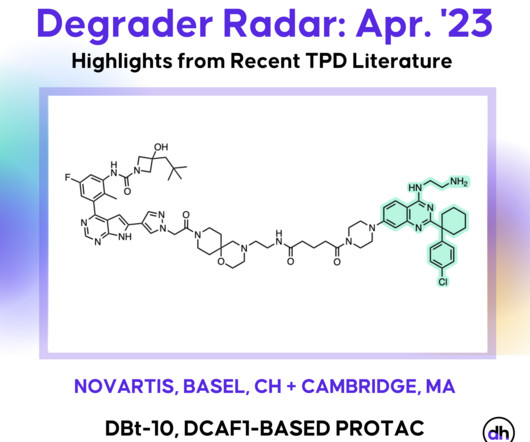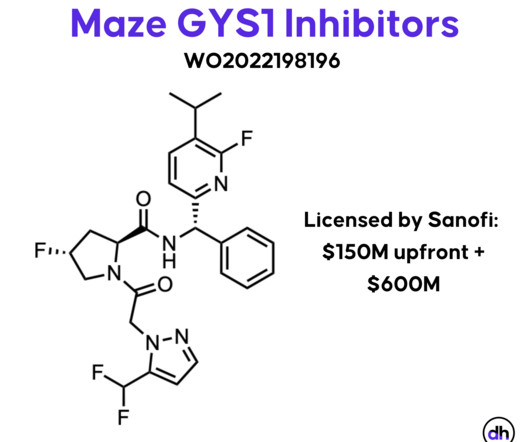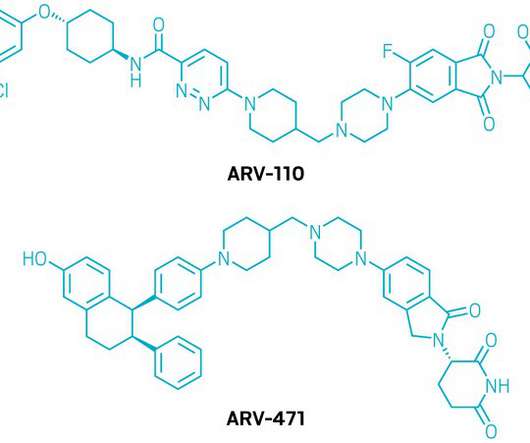Degrader Radar, Apr. ’23: DCAF1, on CNS Degraders, and More
Drug Hunter
MAY 21, 2023
This article highlights six recent articles of interest in the field of targeted protein degradation including but not limited to potentially new ligases, recruiting motifs, and a discussion on the feasibility of CNS-penetrant degraders. ’23: DCAF1, on CNS Degraders, and More appeared first on Drug Hunter.





















Let's personalize your content